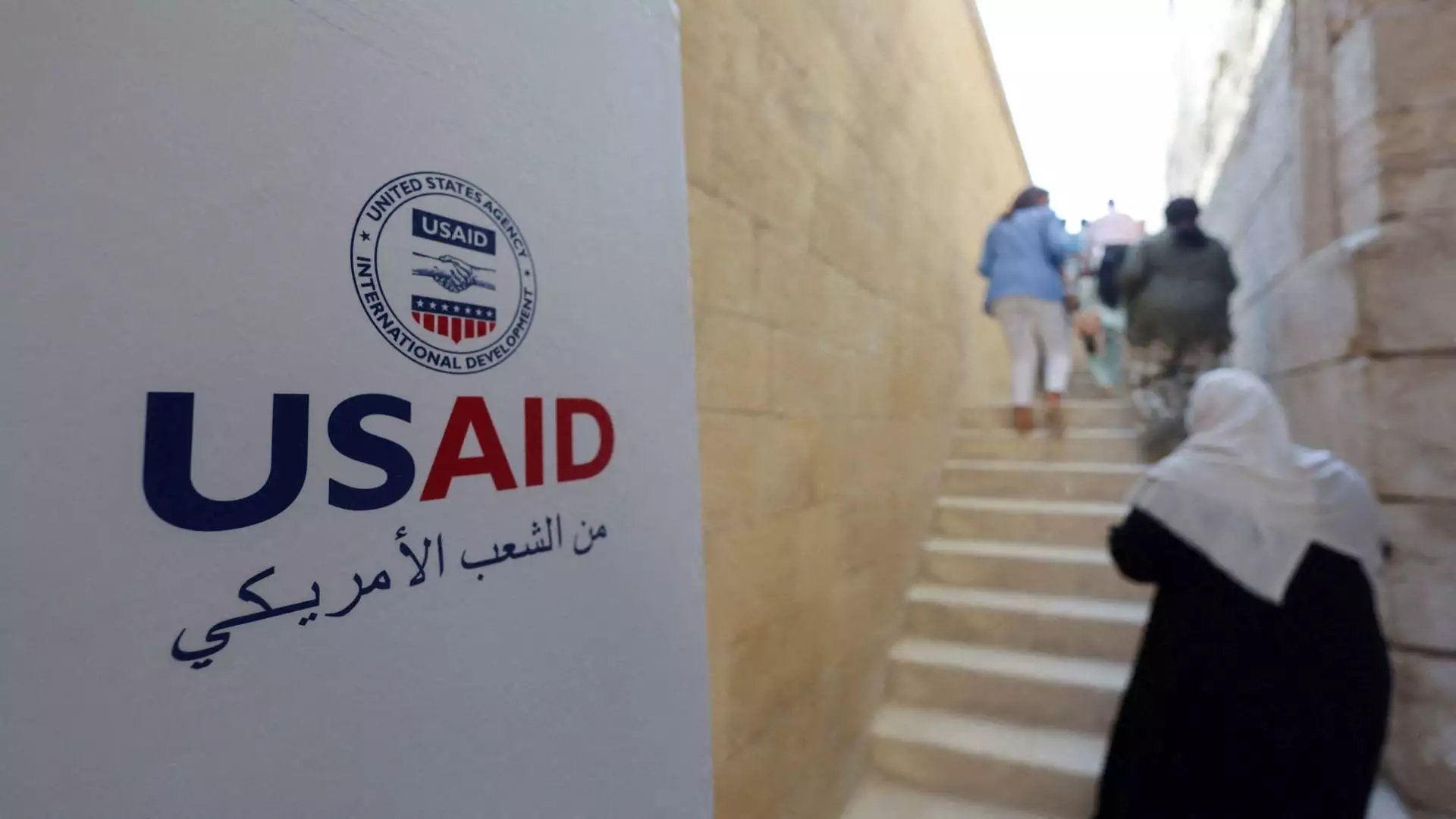The unfolding events at USAID over the past weekend have thrown the agency’s operations into disarray, highlighting serious implications for the future of U.S. foreign aid and governmental efficacy. Central to this disturbance is the friction between USAID’s administration and the Department of Government Efficiency (DOGE). These events not only reveal internal conflicts but also raise significant concerns regarding security, accountability, and the direction of U.S. foreign policy.
At the heart of the controversy is the attempted access of sensitive USAID systems by DOGE employees. Reports indicate that attempts were made to breach systems housing personnel files, security clearances, and even classified information—domains typically restricted to those with relevant clearances. USAID’s Director of Security, John Voorhees, alongside his deputy Brian McGill, took immediate action to block DOGE employees from entering these systems, recognizing the potential risks involved. The gravity of this situation became apparent when accusations emerged suggesting that the blocked employees had threatened to engage law enforcement to gain access, illuminating the potential for escalating tension.
This clash is emblematic of a larger struggle over authority and control within the U.S. government. The DOGE, tasked with reforming and streamlining governmental operations, faces resistance as its actions hint at a desire to assert oversight over agencies traditionally acting with a degree of independence. The escalating conflict culminates in a moment of panic as senior security officials were placed on administrative leave—an indication of how severe the internal strife has grown.
In an unexpected twist, one of the key figures associated with DOGE, Katie Miller, publicly stated that no classified information had been accessed improperly. While her comments were aimed at mitigating concerns surrounding security breaches, the implications of her statements reveal a deepening rift within government agencies. Furthermore, comments from high-profile individuals, such as Elon Musk, who labeled USAID as a “criminal organization,” raised the stakes of this conflict, turning a bureaucratic struggle into a public relations war.
The rhetoric used by Musk not only underscores the contentious environment but serves to politicize USAID, potentially jeopardizing its credibility. As the agency’s reputation comes under fire, the possibility of retribution against its employees for perceived incompetence or misalignment with the current administration cannot be ignored.
Amidst this turmoil, the operational integrity of USAID is being questioned. Reports of more than 1,000 staff members being either fired or furloughed culminate in a precarious atmosphere where morale is at an all-time low. The recent near-total suspension of U.S. global assistance has prompted widespread concerns from both domestic and international stakeholders about the effectiveness of U.S. aid in addressing global crises.
Anticipation regarding a possible consolidation of USAID under the State Department further complicates matters. As discussions around this pivot gain momentum, concerns reign regarding its legality and potential consequences for agency operations. Critics argue that placing USAID under State Department authority could undermine the autonomy that has allowed it to operate with a distinct mission since its inception.
Additionally, the abrupt shutdown of the USAID.gov website over the weekend adds another layer of complexity, symbolizing both operational paralysis and a potential communications blackout with partners, stakeholders, and the public. This further complicates the agency’s ability to advocate for its ongoing initiatives and, more critically, to respond to global humanitarian needs.
As this situation continues to develop, clarity is necessary not only for the internal stakeholders within USAID but also for the traditional beneficiaries of U.S. global assistance. Similar situations have historically impeded the functionality of agencies amid political uncertainties, undermining mission objectives and eroding public trust.
The recent upheavals at USAID are indicative of deeper institutional challenges and power struggles. How these conflicts are navigated will significantly influence the future direction of U.S. foreign policy and the operational capacity of one of its most vital agencies. It remains imperative that both governmental leadership and stakeholders demand transparent communications and a commitment to upholding the foundational goals of international aid and cooperation.

